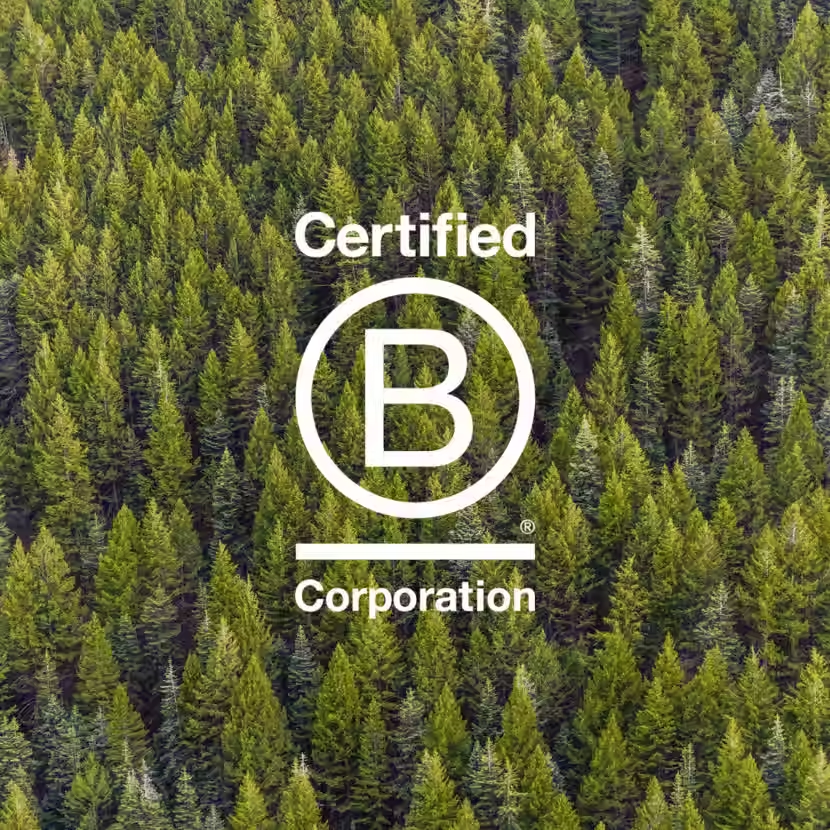Worlds Better’s 2025 Summer Team Day!
- christiannebeck
- Jun 12, 2025
- 2 min read
On the 11th June 2025, the Worlds Better team came together for our quarterly update and summer team day, and what better way to spend it than visiting some of Brighton’s most sustainable, low-waste community projects!
We kicked things off with a delicious lunch at The Real Junk Food Project Brighton. Tucked away in a community centre in the heart of Brighton, this volunteer-run café is part of a national and international movement of cafes, projects and pop-ups with one core objective: To intercept food waste destined for land fill and use it to feed people who need it, on a ‘pay as you feel’ basis.
The project rescues surplus food from supermarkets, restaurants and other waste streams and turns it into delicious, healthy meals for the community. Their ‘pay as you feel’ concept encourages people to think about what that plate of food means to them, and value it in whatever way they can, providing the opportunity to pay a meal forward for someone who maybe can’t afford it themselves – tackling food waste and food insecurity with creativity and compassion.
In 2023, the Brighton branch of this amazing initiative saved 84,313kg of food from being wasted and helped to turn it into 101,777 meals!

Next, we toured the University of Brighton’s Waste House, the UK’s first permanent building constructed entirely from waste materials. The house was developed over the course of a year by 360 students from the University of Brighton and Brighton Metropolitan University, and is built to Passivhaus standards, generating more energy than it requires!
The house is a living research hub and a powerful example of circular construction practices. Its purpose is to demonstrate that the waste we produce doesn’t just disappear, and that it can be used in meaningful ways. Duncan Baker-Brown, the architect on the build who kindly took us around the house, called the creative ways they used waste, ‘Mining the Anthropocene’.
These are just some of the innovative ways waste is used within the house; 55,000 oyster shells from a restaurant in Brighton were turned into tiles for the building’s exterior and the walls are insulated with discarded duvets and 2 tonnes of denim jeans. 22,000 single-use, disposable plastic toothbrushes from long haul airplane flights are stored in the walls, along with thousands of floppy disks and CDs, serving as a stark reminder that almost every single piece of plastic ever produced is still present on earth.

Days like this are so valuable to the Worlds Better team. We love reconnecting in person and spending time with purpose-led organisations doing incredible things in sustainability and we will continue to support both projects to reach as wide an audience as possible.




Comments